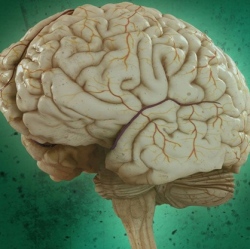
The way children sniff different aromas could form the basis of a test for autism, suggest researchers. People spend longer inhaling the delightful aroma of a bouquet of roses than the stench of rotting fish. The results of tests on 36 children, in the journal Current Biology, showed that there appeared to be no such difference in children with autism.
The National Autistic Society said smell could eventually become an additional tool for testing for autism. Behaviour, social interactions and communication skills are all affected by autism and the disorder affects one in every 160 children globally. It often takes until a child is at least two before it can be diagnosed.
The children in the trial at the Weizmann Institute of Science took part in a 10-minute experiment. A red tube sent either pleasant or unpleasant odours up the nose while the green tube recorded changes in breathing patterns. One of the researchers, PhD student Liron Rozenkrantz, said children normally altered the depth of their sniffing to the odours.
She told the BBC: "Children with autism didn’t show this modulation at all – they took the same sniff for the smell of shampoo as they did for rotten fish. "This is striking and somewhat surprising." The team developed a computer program that could detect autism in the group of children with 81% accuracy.
They also showed that the more severe the symptoms of autism, the longer the children inhaled the unpleasant smells.
